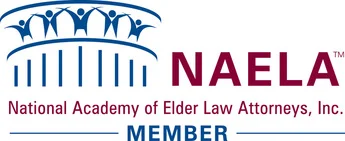1. What is Probate Court?
The Court with jurisdiction over estates, guardianships, and matters that do not otherwise avoid probate.
2. What is a power of attorney?
A document where a principal (you) designates an agent to make decisions for you. This document is only good while the principal is living. A power of attorney is no longer valid after the death of the person who signed it.
a. Heath care power of attorney: can make health care decisions
b. Financial or “durable general” power of attorney: can make financial decisions
c. Springing power of attorney: does not become effective until the occurrence of an event, often making this difficult to use
3. What is a Guardian?
A person appointed by the probate court to make legal decisions for a person who is unable to make them for his/herself
a. Guardian of the person: health care decisions
b. Guardian of the estate: financial decisions
4. Will
The document the probate judge reads when someone dies with probate assets
5. Trust
A legal entity that distributes assets outside of probate court
a. Every trust is different
b. There is no “one size fits all” type of trust
c. There is no dollar amount that determines whether a trust is a good tool for an individual
6. Medicare
The single payer government health coverage offered to individuals 65 and over
a. Some other circumstances where Medicare is available
b. Does not cover nursing home or assisted living facilities (but for limited time if certain conditions are met)
7. Medicaid
Federal health insurance program that is administered through each individual state
a. Pays for nursing homes in the state of Ohio IF very specific rules are followed
b. Also pays for some assisted living facilities
c. Also pays for some in home care
8. VA Aid and Attendance pension
Offered to veteran’s, widows and spouses of veterans when four criteria are met:
a. Service criteria: at least one day of service in a period of war, not dishonorably discharged
b. Health criteria: require some assistance at home to avoid the hazards of daily living
c. Asset criteria: depends on life expectancy, can do planning for this
d. Income criteria: depends on unreimbursed medical expenses, can do planning for this



